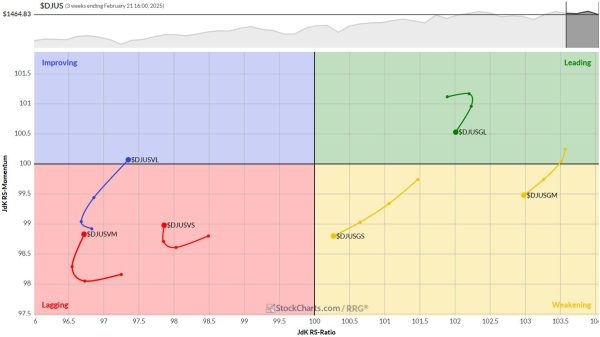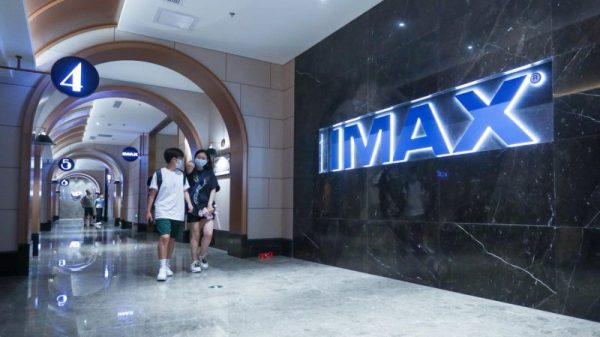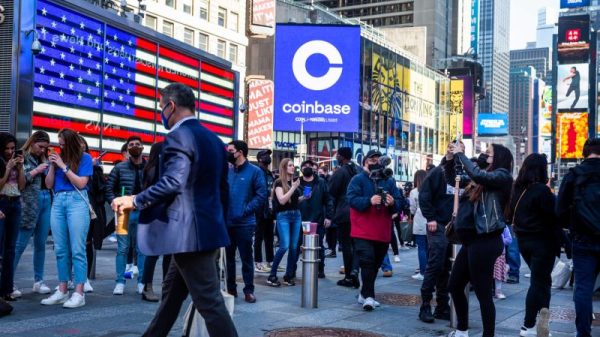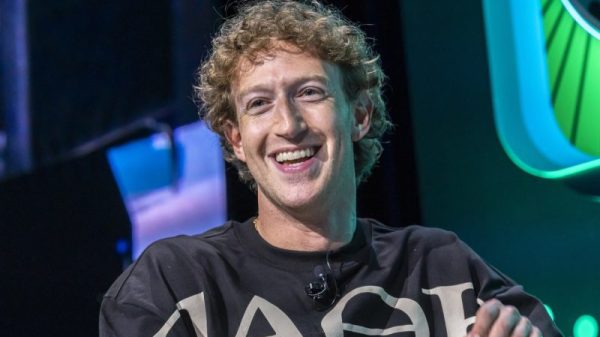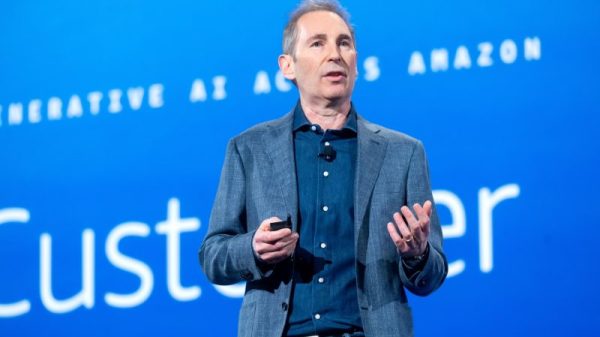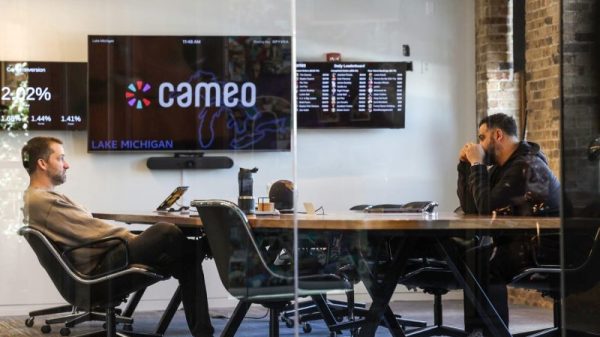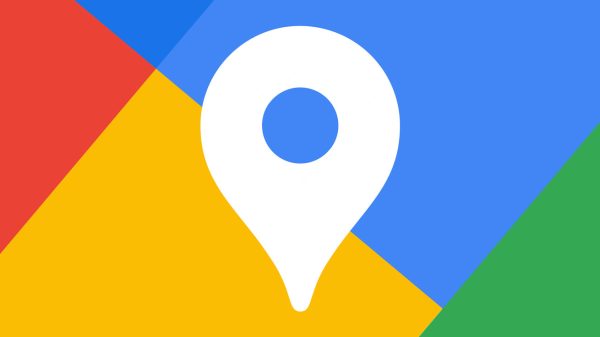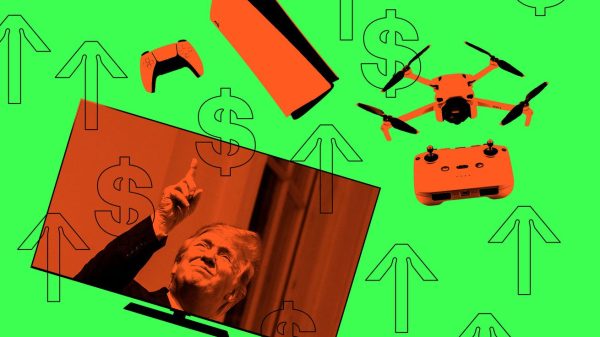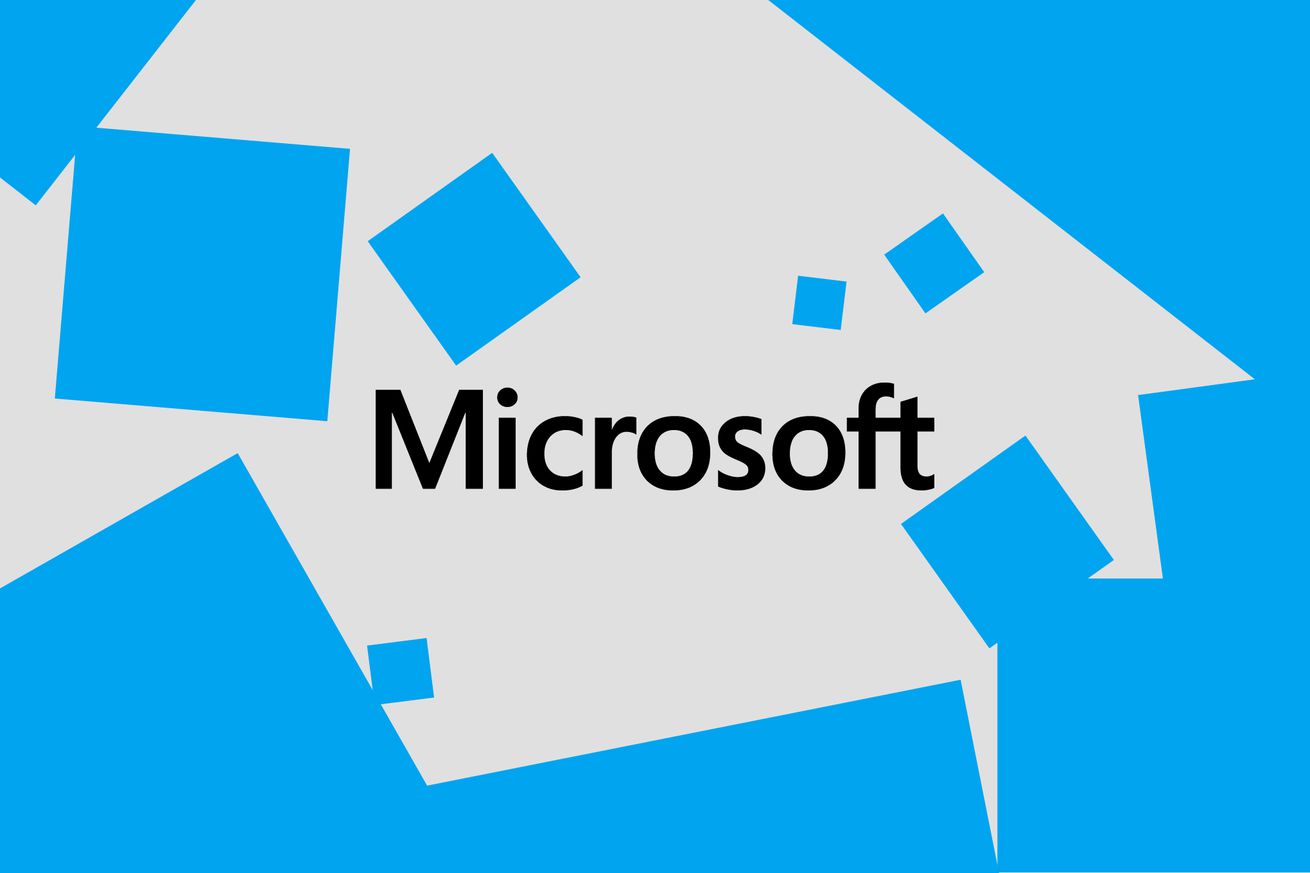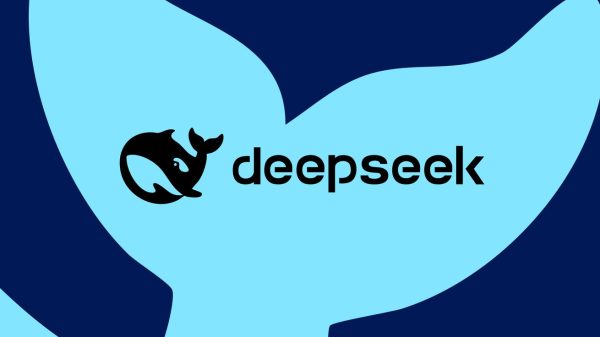
Microsoft and OpenAI announced Tuesday that they have adjusted their partnership so that OpenAI can access competitors’ compute.
The new agreement “includes changes to the exclusivity on new capacity, moving to a model where Microsoft has a right of first refusal (ROFR),” Microsoft says. “To further support OpenAI, Microsoft has approved OpenAI’s ability to build additional capacity, primarily for research and training of models.”
The foundation of their relationship (which runs through 2030) stays pretty much the same — Microsoft keeps its exclusive rights to OpenAI’s tech for products like Copilot, and OpenAI’s API remains exclusive to Azure. They’ll maintain their two-way revenue-sharing setup (it’s been reported that Microsoft gets 20 percent of OpenAI’s revenue). Prior to today’s change, OpenAI was locked into using Microsoft’s Azure cloud infrastructure exclusively for its computing needs.
The news follows the announcement of a joint venture between Arm, Microsoft, Nvidia, Oracle, and OpenAI to build a system of data centers in the U.S. called Starbase.
The models OpenAI hopes to build and the user base it’s looking to serve require billions of dollars in compute. It has been previously reported that some OpenAI shareholders felt Microsoft wasn’t moving fast enough to supply OpenAI with computing power, hence why the startup partnered with Oracle back in June (with the blessing of Microsoft) for the necessary compute.
There’s been a lot of buzz about Microsoft and OpenAI facing relationship woes after OpenAI CEO Sam Altman was briefly ousted from the company, causing a lot of very public drama. The New York Times reported that the relationship has grown increasingly strained due to financial pressures at OpenAI, concerns about stability, and growing friction between employees at both companies.
Last March, Microsoft hired Inflection CEO Mustafa Suleyman to lead its consumer AI efforts, along with most of Inflection’s staff, in a $650 million deal. According to The New York Times report, this move particularly angered some OpenAI leadership, including Altman.
OpenAI’s deal with Microsoft also has an unusual escape clause: if OpenAI creates artificial general intelligence (AGI), it could close off Microsoft’s access to some of its most powerful models developed after that point. AGI, reportedly, is defined as a system capable of generating more than $100 billion in profits. This was originally meant to keep such powerful AI from being commercialized, but now OpenAI is reportedly considering dropping this provision, likely to secure more Microsoft funding.

